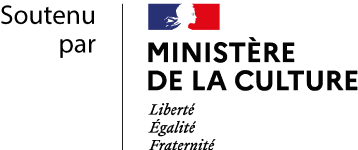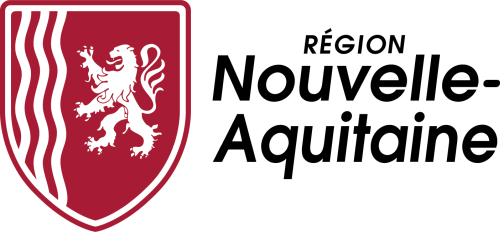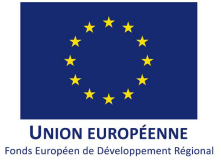
Reframing the Western in Bande Dessinée : Translation, Adaptation, Localization
Thèse
par
Nicolas - Martinez
Sous la direction de Gorrara, Claire - Prout, Ryan
Ph.D. Languages and Translation Studies2020- Cardiff University- School of Modern Languages
Cardiff- Royaume-Uni
Cette thèse doctorale analyse les processus d’adaptation et de traduction à l’œuvre dans les traductions de la série Blueberry publiées aux États-Unis et en Espagne. La méthode d’analyse, inspirée par l’application à la traductologie des recherches de Pierre Bourdieu sur la sociologie de la culture, met en évidence comment l’habitus de divers agents de la traduction (traducteurs, mais aussi éditeurs et censeurs) joue un rôle essentiel dans l’adaptation et la réception transnationale de la série Blueberry dans le champ de la bande dessinée.
mots-clés : Traduction ; Intermédialité ; {Blueberry} ; Censure ; Espagne ; États-Unis
This thesis builds upon research in comics translation by Klaus Kaindl and Federico Zanettin and investigates the role of social agents—cartoonists, editors and translators, but also censors—in the framing and reframing of the Western genre in European {bande dessinée } and its translation in the United States and Spain. This research frame is also inspired by Jean-Marc Gouanvic’s application of Pierre Bourdieu’s work on the sociology of culture to the disciplines of Translation and Adaptation Studies. In the transnational field of comics, Western {bandes dessinées} have long been published, reprinted and translated, yet they have not received commensurate critical attention, particularly in Translation Studies. Looking beyond interlingual translation, the aim of this thesis is to adopt a wider stance and to explore the habitus of the agents of translation and the socio-cultural norms that influence translation of the Western {bande dessinée}. Such habitus shapes the products of translation, adaptation and localization and affects the reception of translated {bandes dessinées}. Taking Jean-Michel Charlier and Jean Giraud’s iconic {Blueberry} series as its main case study, this thesis argues that the habitus of diverse agents of translation plays a critical role in the international circulation and the transnational reception of this Western {bande dessinée}. What might initially appear as tangential decisions can change entirely the perception of the products and their authors and their position (their cultural capital) in the transnational field of comics, as this thesis shows in relation to the {Blueberry} series.







